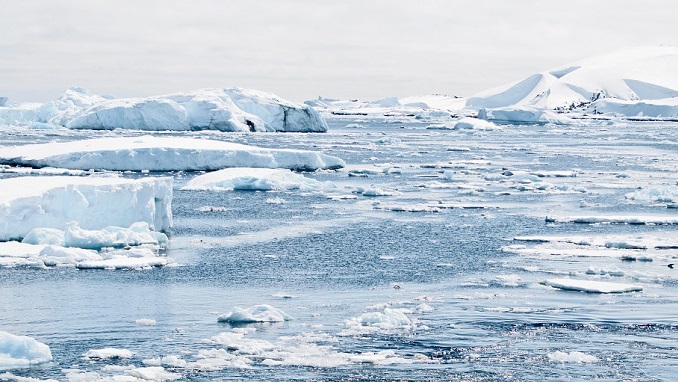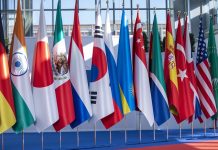According to Kommersant, the European Union is taking a stand on the Arctic and asking that it be acknowledged as a full-fledged participant.
The EU’s first demand is a total ban on coal, oil, and gas production in the Arctic and surrounding areas. Russia has challenged the EU’s Arctic claims. According to Deputy Prime Minister Alexander Novak, the latest European Union demand is “driven only by political considerations.” And, according to one of Kommersant’s sources inside the Russian Federation’s state institutions, the EU is trying to play the role of a “bull in a china shop.”
However, the EU is radically altering its attitude to the Arctic. Since 2008, Brussels has been attempting to get observer status in the Arctic Council, an organization of eight circumpolar nations (Denmark, Iceland, Canada, Norway, Russia, the US, Finland and Sweden).
This institution is often referred to as the “shadow government of the Arctic,” since its members have been attempting to settle major problems in the area among themselves for the last 25 years, while not allowing non-regional actors to participate.
According to an official who spoke on the condition of anonymity to Kommersant, the military-political situation in the area is “clearly evaluated from a pro-NATO perspective.”
According to Dmitry Akishin of Vygon Consulting, implementing extreme actions may have unexpected effects, such as last month’s energy crisis, therefore it’s better to make well-informed choices all around.
“In this instance, it is part of a larger effort to decarbonize Arctic output. To do this, Arctic nations must collaborate to develop a set of measures to reduce greenhouse gas emissions by using the best available technology and industrial practices, as well as developing incentive mechanisms for such initiatives” he informed Kommersant about it.












